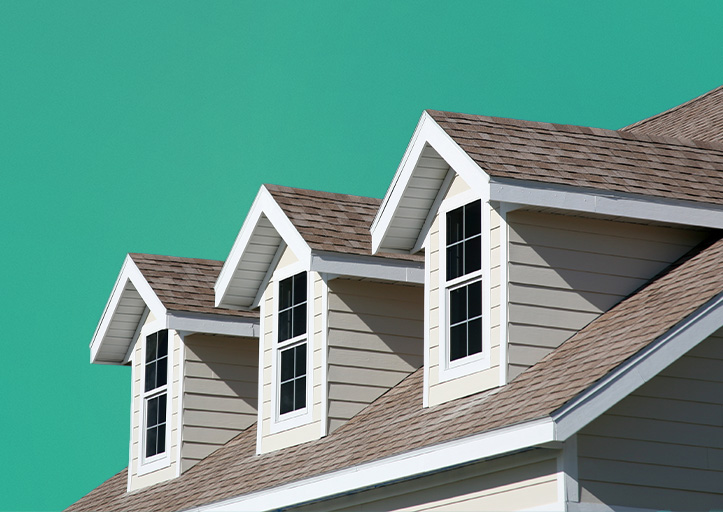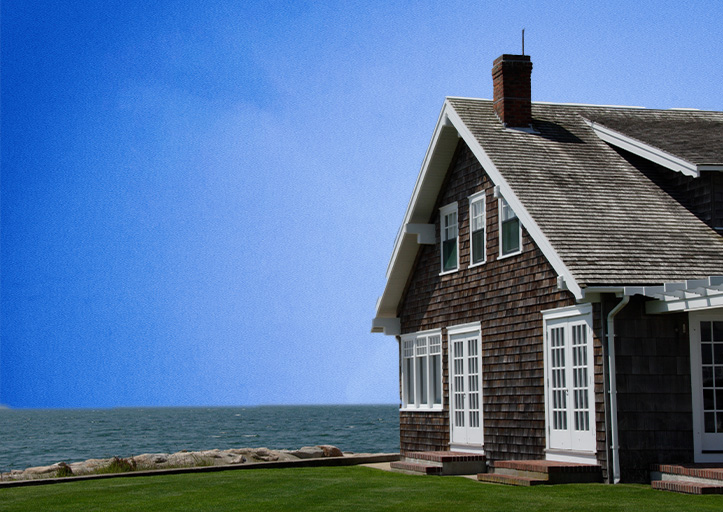



Compare rates from all the carriers you know & trust
-
Share a few details
Tell us a bit about your home and coverage needs using our short online form or by giving us a call. No complicated paperwork required.
-
We’ll shop top carriers for you
Our independent agents compare rates and coverage from multiple trusted insurance companies so you get the best options available.
-
Review & select your coverage
We present you with personalized quotes, answer your questions, and help you start your policy when you’re ready.
It’s that easy with Rate Insurance!
4.9 stars
rating from 5k+ Google verified reviews
We’ve helped thousands find the perfect insurance and we’d like to help you too.
What does a home insurance policy cover?
Dwelling
Covers damage to the structure of your home, including your roof, foundation, built-in appliances, cabinets, and any attached structures.
Other structures
Covers damage to detached structures on your property, like your garage, shed, above-ground pool, or fence.
Personal property
Covers the cost of damaged or stolen personal belongings, including clothing, jewelry, and electronics.
Additional living expenses
Covers the costs of hotel stays and restaurant meals if your home is being repaired or rebuilt after a covered event, like a fire.
Personal liability
Covers legal and medical expenses if you or a family member are held liable for injury or property damage to others (like if your dog bites a neighbor).
Medical payments
Covers medical bills if a guest is injured on your property.
You could save up to 20% on your insurance by bundling
Save with a multi-policy discount when combining auto, home, renters and condo insurance.

